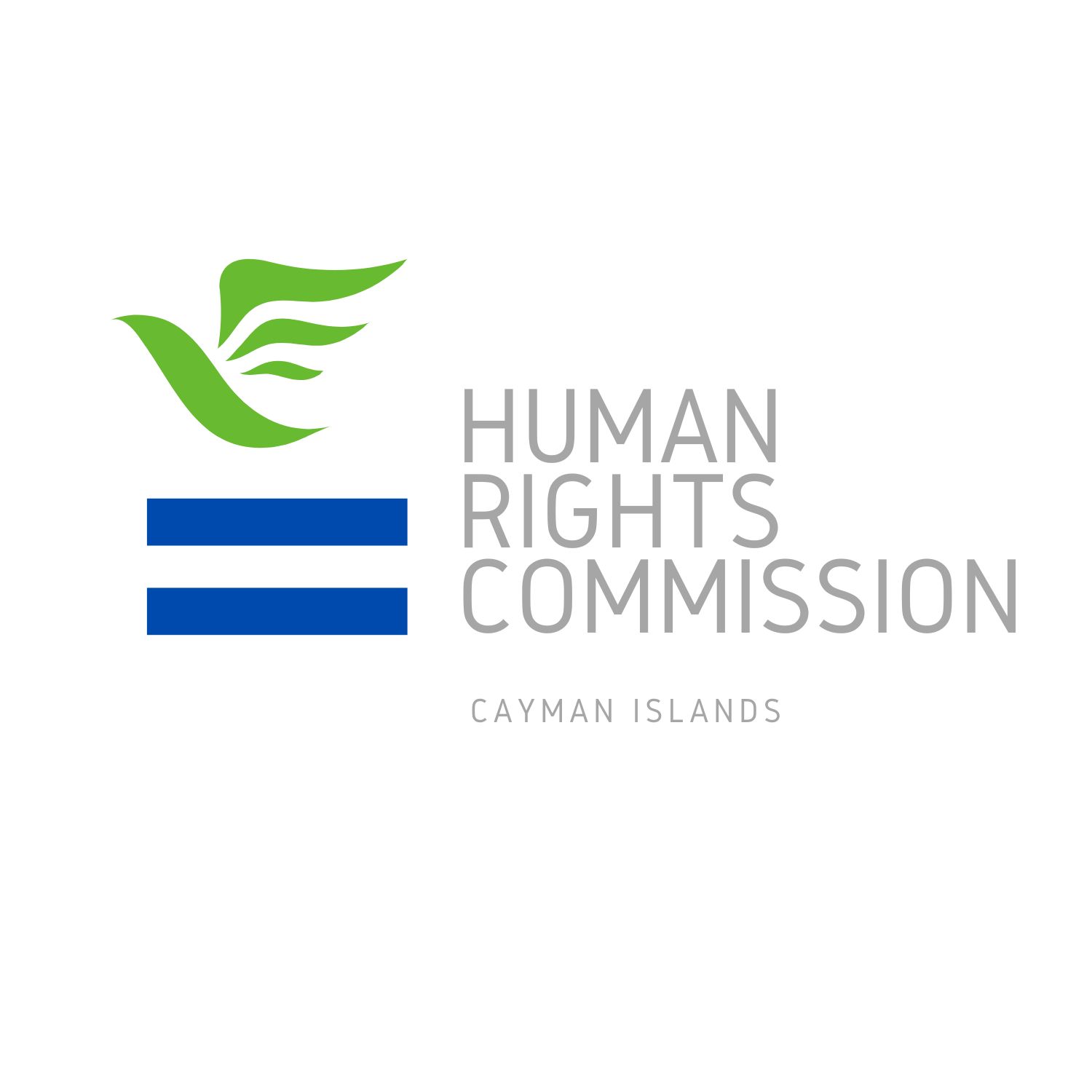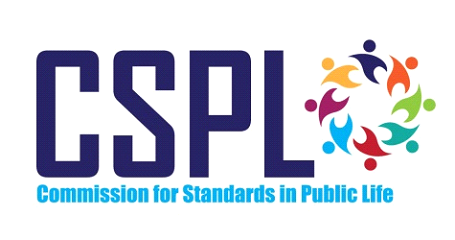

The mission of the Caymanian Bar Association is to:

The Cayman Islands Human Rights Commission was established under section 116 of the 2009 Constitution, it replaces the Human Rights Committee. Appointed by His Excellency, the Governor, members are appointed for renewable terms of between two to four years, with members serving for different periods, so new appointments or re-appointments can take place in a staggered fashion.
The Judicial and Legal Services Commission was established under Section 105 of the Constitution. As in accordance with the Constitution the power to make appointments to various judicial offices, and to remove and to exercise disciplinary control over persons holding or acting in such offices, shall vest in the Governor, in accordance with the advice of the Judicial and Legal Services Commission.

Comprised of between three and five members, the Commission for Standards in Public Life is an independent oversight body established by s.117 of the Constitution. The Commission for Standards in Public Life (CSPL) has an overall function to promote and monitor “the highest standards of integrity and competence in public life in order to ensure the prevention of corruption or conflicts of interest”. As such, it is entrusted with the specific responsibility for developing and maintaining up-to- date registers of interest for those employed in public life. In addition to this the CSPL acts as a watchdog, responds to citizens’ concerns, and promotes public trust in public servants and elected members through the exercise of its functions.

The Anti-Corruption Commission (ACC) has been formally created, in accordance with Part 2, Section 3 of the Cayman Islands Anti-corruption Law (2008), to take responsibility for the administration of the said law. The ACC is considered a vital body for investigating reports of corruption to stimulate accountability and public confidence. The establishment of the Anti-Corruption Law shows the Cayman Islands’ Government’s commitment to recognising the existence of corruption and the necessity of legislative support to foster accountability and deter its continuance. The ACC is authorized by law, and prepared as a Commission, to work diligently with partner agencies at the local and international level as a means in which to facilitate the goals of the Anti-Corruption Law (2008), the OECD Convention against Bribery, and the United Nations Convention against Corruption.